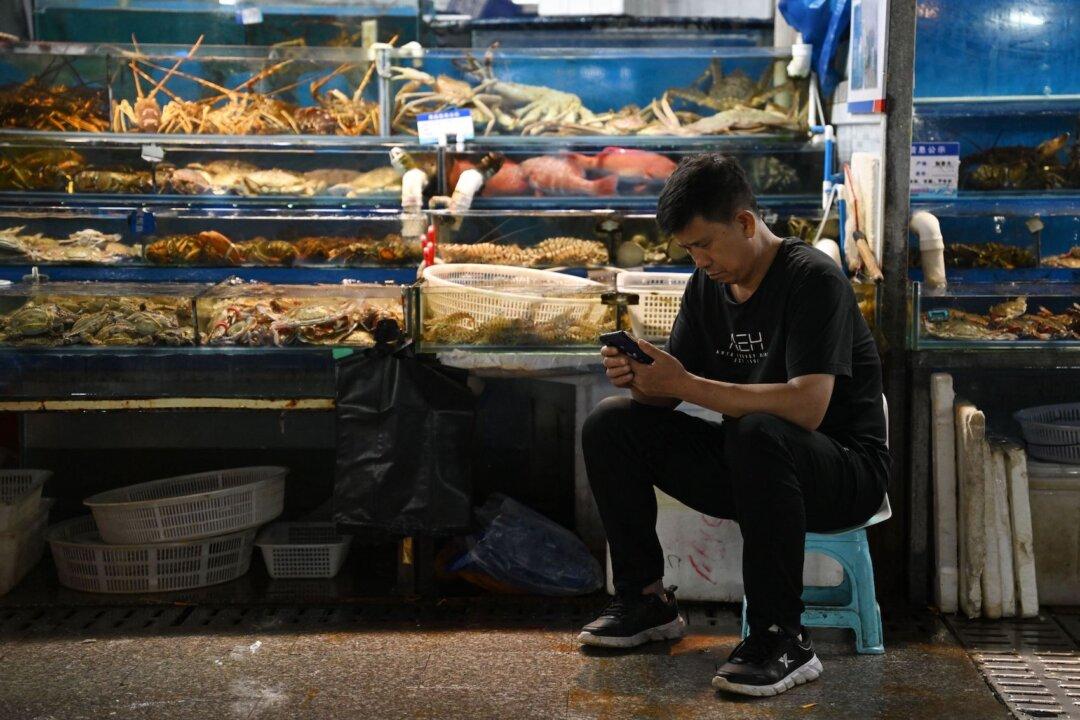Japan began to release treated nuclear wastewater from the Fukushima nuclear power plant into the Pacific Ocean on Aug. 24. In response, the Chinese regime stated that it would stop importing Japanese seafood products, fueling a new wave of anti-Japan ultranationalism. The incident has triggered a panic in China’s seafood market, leading to a sharp decline in sales.
Seafood imports from Japan in 2022 only amounted to a few hundred million dollars out of a total market value of over $400 billion. Many have viewed the Chinese regime’s action as damaging the country’s fishing industry.





